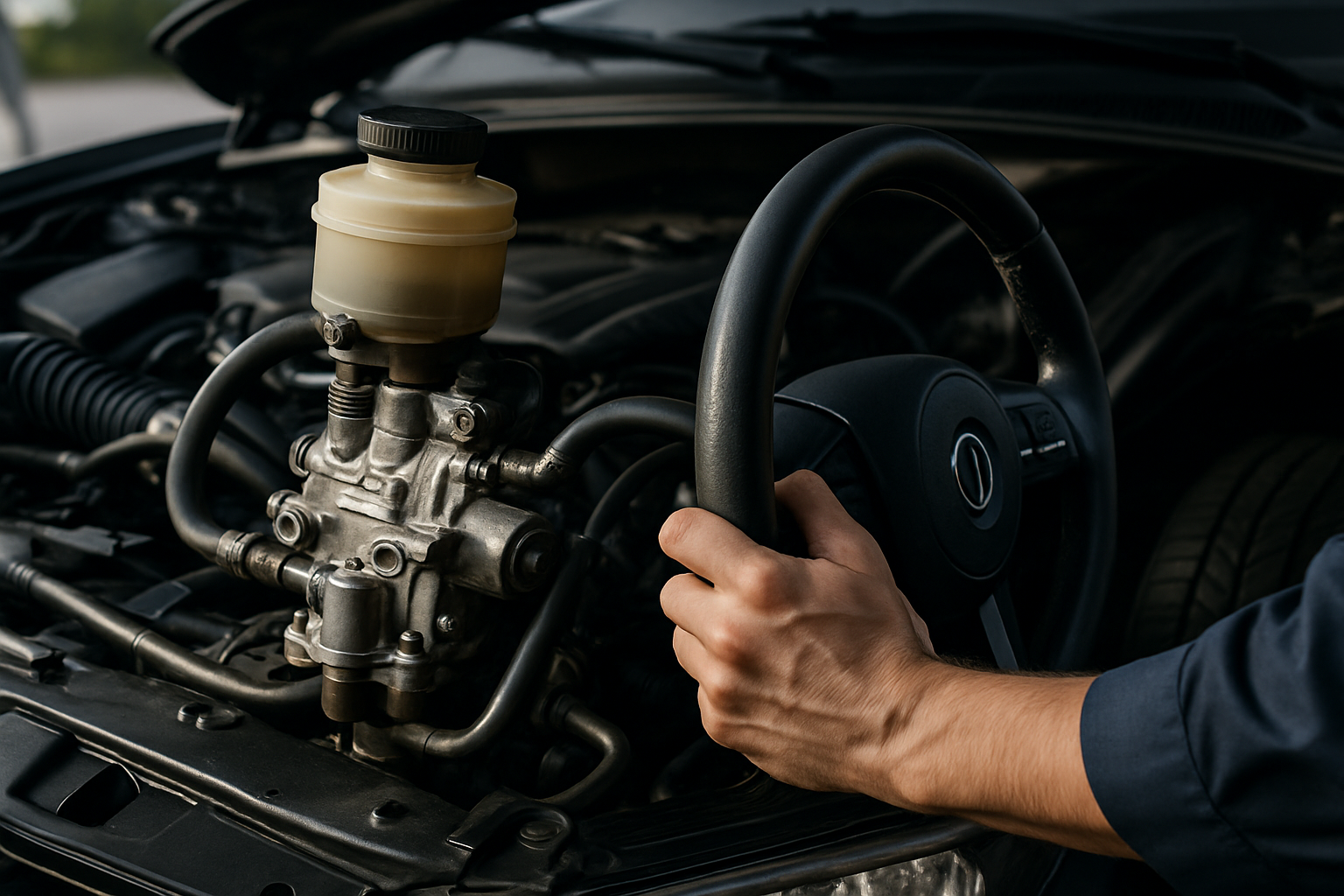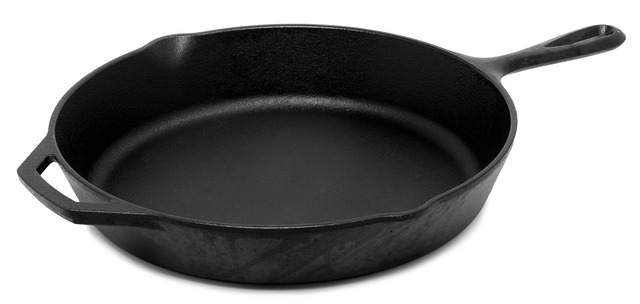How Auctions Work for Cars and Other Vehicles
Auctions bring buyers and sellers together in a competitive setting where price is determined by interest and bidding activity. For cars and other vehicles, auctions can range from dealer-only yards to public live events and online timed sales. Understanding basic auction mechanics, how to assess a vehicle’s condition, and the practical steps required for bidding and buying will help you decide whether an auction is a suitable route for your next vehicle purchase.

How do car auctions work?
Car auctions operate on a few common principles: a seller consigns vehicles, those vehicles are advertised and previewed, and registered bidders compete to purchase them. Auctions can be absolute (no reserve) or reserve-based, where the seller sets a minimum acceptable price. Dealer auctions often restrict attendance to licensed dealers, while public auctions are open to consumers. Online platforms mirror live events with photos and condition reports; they may allow absentee bids, live online bidding, or timed listings. Registration, a bidder number, and adherence to auction terms are standard requirements before you can bid.
What should you inspect on a vehicle at auction?
Because many auction vehicles are sold “as-is,” inspection is critical. Check the vehicle identification number (VIN) and compare it to any history reports for accidents, title branding, or odometer discrepancies. Physically inspect for rust, frame damage, fluid leaks, tire wear, and interior condition. Under-hood checks can reveal neglected maintenance. If test drives are not allowed, consider hiring a mobile inspector or mechanic who can provide a professional condition report. For online auctions, examine photos and ask for recent service records or additional images. Always note missing parts and verify the title status before bidding.
What auction formats should buyers know?
Several formats affect how you bid and how prices are set. Live auctions use an auctioneer and incremental bidding; online timed auctions close at a fixed time and can attract last-second bids; sealed-bid auctions require written offers submitted confidentially. Some auctions use buyer’s premiums (a percentage added to the hammer price) and may apply administrative or transaction fees. Understand whether the sale is absolute or reserve, whether a minimum bid exists, and which payment methods and timelines apply. Familiarize yourself with the specific format used by the auction house or platform you plan to use.
How does bidding work at an auction?
Bidding begins once the auctioneer opens the offering or when an online listing goes live. Bids typically increase in set increments and are recorded publicly in live sales or as immutable records online. Successful bids result in a hammer price; many auctions then add a buyer’s premium and required taxes or fees. Absentee or proxy bidding lets you set a maximum and have an agent or system bid on your behalf up to that limit. Timed online auctions can encourage last-minute “sniping,” so some buyers use proxy bids to avoid reactive bidding. Always set a firm limit before bidding and account for additional costs beyond the hammer price.
How to prepare for buying at an auction?
Preparation reduces surprises. Start by researching vehicle values and comparable sales so you understand reasonable market prices. Establish a maximum bid that includes the hammer price, buyer’s premium, taxes, registration, potential repairs, and transport costs. Have financing or payment method in place—many auctions require full or partial payment within days. Arrange inspection and post-sale logistics such as pickup or shipping; some auction houses provide transport partners or local services that handle DMV paperwork. Read auction terms and make note of removal deadlines, as failure to remove a vehicle can incur storage fees.
Auctions can offer access to a wide variety of cars and vehicles, including fleet units, repossessions, and estate sales, but they carry risks such as limited warranties and rapid timelines. Approaching auctions with research, a clear budget, inspection resources, and familiarity with auction formats and fees will help you make informed decisions. Whether buying for personal use or resale, understanding the mechanics of bidding, the condition of the vehicle, and post-sale obligations is essential to a successful auction experience.




